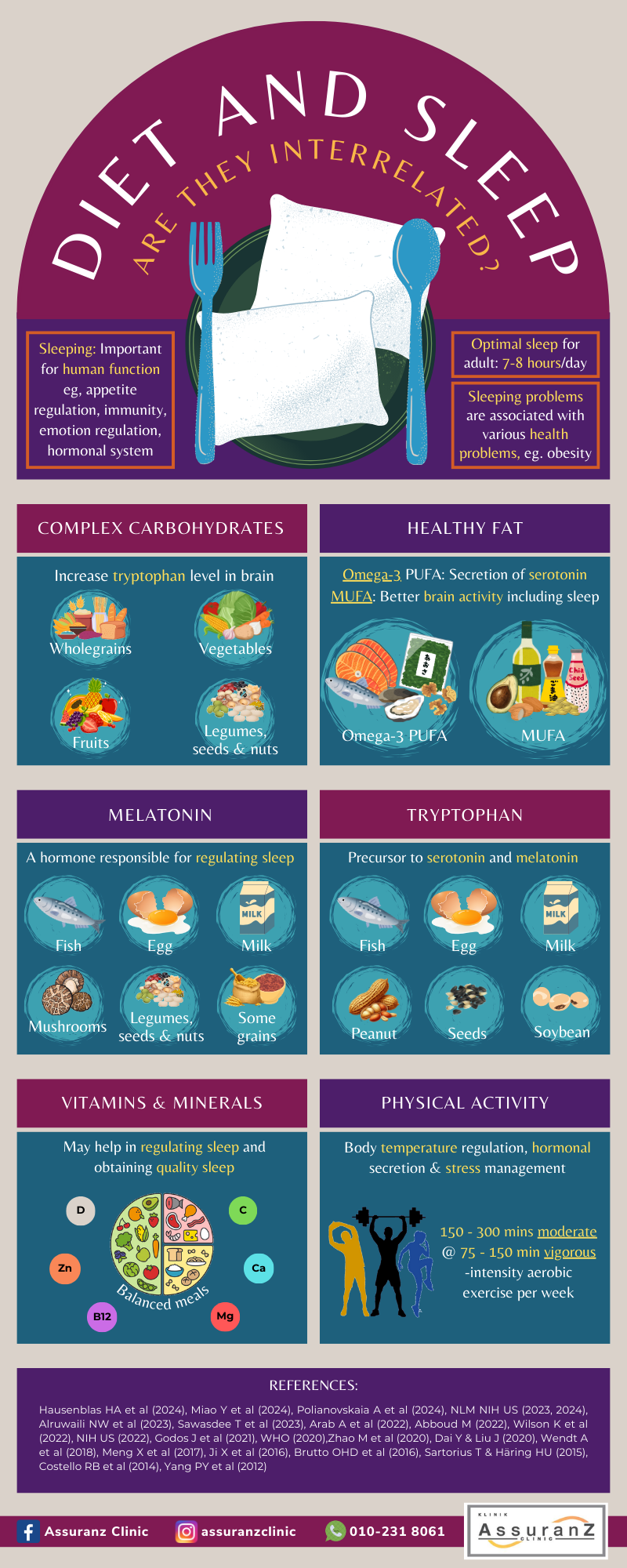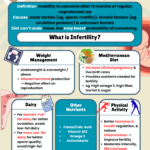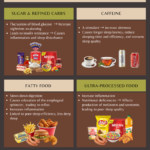Sleeping is a body function important for overall health as it affects the physiological and biochemical function of the human body, such as appetite regulation, immunity, emotion regulation, hormonal system and metabolism. An adult needs about 7 to 8 hours of sleep daily for optimal function of the body systems. Sleeping disorders like insomnia, sleep apnea et cetera, and sleeping impairment like insufficient sleep, difficulty falling asleep, frequent awakening at night et cetera is becoming more common over time due to various reasons including stressful working environment, ageing society, increasing screen time and so on.
睡眠是维持人体整体健康的重要生理功能,因其直接影响多项生理与生化机制,包括食欲调节、免疫功能、情绪管理、内分泌系统运作以及新陈代谢等。成年人每日理想的睡眠时间为7至8小时,以确保各系统功能的正常运转。然而,随着生活方式与社会环境的变化,各类睡眠障碍,如失眠、睡眠呼吸中止症等以及睡眠质量问题,如睡眠不足、入睡困难、夜间频繁醒来等呈现上升趋势。造成这一现象的因素包括高压的工作环境、人口老龄化、电子屏幕使用时间的增加等。
This is worrisome as sleeping problems are associated with various chronic physical, cognitive and mental health problems, including diabetes, heart disease, obesity, high blood pressure, dementia, Alzheimer’s disease and depression. It can also lead to lower productivity, injury and increased odds of death. Therefore, good sleep quality and quantity is crucial.
这令人担忧,因为睡眠问题与多种慢性躯体疾病、认知障碍及精神健康问题密切相关,包括糖尿病、心脏病、肥胖、高血压、痴呆症、阿尔茨海默病以及抑郁症等。此外,睡眠不足还可能导致工作效率下降、事故发生率增加,甚至提升死亡风险。因此,保证充足且高质量的睡眠对于健康至关重要。
Nutrition is also an essential element in human life, as it is responsible for every bodily process. As such, among the process that nutrition can affect is sleep. While there are some dietary components that can help in improving sleep, to date, there is no concrete evidence of any specific diet for sleep. In this article, dietary components that can positively affect sleep will be discussed.
营养也是人类生命中不可或缺的要素,因为它参与并支撑着几乎所有身体功能。其中,营养也对睡眠产生影响。尽管某些饮食成分有助于改善睡眠,但目前尚无确凿证据表明存在针对睡眠的特定饮食模式。本文将探讨那些可能对睡眠产生积极影响的营养成分。
Dietary management to improve sleep:
改善睡眠的饮食调控
- Complex Carbohydrates
复合型碳水化合物
Carbohydrates play a role in the mechanism of sleeping where it helps increase tryptophan level, which is a precursor to serotonin – a neurotransmitter that regulates sleep -, and melatonin – a hormone important for the sleep-wake cycle, in the brain. However, so far, research on the impact of carbohydrates towards sleep has produced mixed results, as carbohydrates are associated with both better and worse sleep quality. The possible differing factor is the type of carbohydrate consumed whereby high intake of complex carbohydrates may improve sleep quality by reducing sleep disruption and sleep onset latency, and lower daytime sleepiness. Complex carbohydrates can be obtained through consumption of wholegrains, vegetables, fruits, seeds, nuts, and legumes.
碳水化合物在睡眠调节机制中扮演着关键角色,它可促进色氨酸(tryptophan)的摄取,而色氨酸是血清素(serotonin)和褪黑激素(melatonin)的前体物质。血清素是一种调节情绪与睡眠的神经递质,而褪黑激素则是调控生理性昼夜节律(sleep-wake cycle)的重要激素。然而,现有关于碳水化合物对睡眠影响的研究结果尚不一致,部分研究显示其有助于改善睡眠质量,亦有研究发现其可能与睡眠障碍有关。造成结果差异的一个可能因素在于碳水化合物的类型。摄入较多复合型碳水化合物可能有助于提升睡眠质量,表现为较少夜间觉醒、缩短入睡潜伏期,并减轻白天嗜睡感。复合型碳水化合物的良好来源包括全谷类、蔬菜、水果、种子、坚果及豆类等天然未加工食物。
- Healthy Fat
健康脂肪
Omega-3 polyunsaturated fatty acid (PUFA), particularly EPA and DHA, play an important role in the secretion of serotonin. Therefore, consumption of high omega-3 PUFA such as fatty fish (mackerel, anchovies, tuna, sardine, salmon et cetera), seafood, seaweed, some seeds (chia seeds, flaxseeds et cetera) and nuts (walnuts) can help in improving sleep quality. Monounsaturated fatty acid (MUFA) meanwhile is beneficial for homeostasis of glucose, including promotion of insulin action in the brain which positively influence brain activities, among which is sleep regulation. Thus, one can incorporate MUFA sources like avocado, olive, some plant oil (olive, peanut, sesame, safflower), some nuts (almonds, cashews, pecans et cetera), legumes (peanuts) and seeds (pumpkin, sesame) as a part of healthy diet for sleep. On the other hand, while omega-6 PUFA is crucial for some body functions, excessive consumption and imbalance of omega-6 to omega-3 ratio can lead to poor sleep quality.
ω-3多不饱和脂肪酸(PUFA),尤其是二十碳五烯酸(EPA)与二十二碳六烯酸(DHA),在调控血清素分泌过程中具有重要生理作用。血清素不仅影响情绪,还直接参与睡眠调节。因此,摄取富含ω-3 PUFA 的食物,如富脂鱼类(鲭鱼、凤尾鱼、金枪鱼、沙丁鱼、三文鱼等)、海鲜类、海藻类,以及富含油脂的种子(奇亚籽、亚麻籽)与坚果类(核桃),可能有助于改善睡眠质量。与此同时,单不饱和脂肪酸(MUFA)有助于维持葡萄糖稳态,并促进脑部胰岛素功能,从而对大脑代谢活动产生正面调节作用,其中包括睡眠功能的优化。健康饮食中可适当纳入MUFA丰富的食材,如牛油果、橄榄、植物油(橄榄油、花生油、芝麻油、红花籽油)、坚果(杏仁、腰果、碧根果)、豆类(花生)及种子类食物(南瓜籽、芝麻)等。然而,尽管ω-6多不饱和脂肪酸在机体免疫调节与细胞功能中亦不可或缺,若摄入过量,或ω-6与ω-3摄入比例失衡,则可能诱发炎症反应,进而对睡眠质量产生不利影响。
- Melatonin
褪黑激素
Melatonin, a hormone in our body is responsible for regulating sleep through promotion of sleep onset, maintaining sleep and adjustment of sleep-wake cycle to a new schedule. Intake of dietary melatonin may be beneficial in increasing human serum melatonin, thus aiding in achieving good sleep. Melatonin can be found in many foods, such as eggs, fish, nuts, some cereals (wheat, barley, oat and some rice), legumes, seeds, mushrooms and milk. Fruits are generally low in melatonin, with some such as tart cherry, strawberry and grape with skin having relatively high content in comparison to other fruits.
褪黑激素(Melatonin)是一种由人体分泌的激素,主要功能是调节睡眠节律。它通过促进入睡、维持睡眠状态以及协助机体适应新的昼夜节律(sleep-wake cycle)来发挥作用。研究表明,摄入膳食来源的褪黑激素可有效提升血清褪黑激素水平,从而有助于改善睡眠质量。褪黑激素广泛存在于多种食物中,包括鸡蛋、鱼类、坚果、部分谷物(小麦、大麦、燕麦和某些稻米品种)、豆类、种子、蘑菇及乳制品。相较而言,大多数水果的褪黑激素含量较低,但某些水果,如酸樱桃、草莓及带皮葡萄等水果的褪黑激素含量相对较高。
- Tryptophan
色氨酸
Tryptophan, a precursor to serotonin and melatonin, is an essential amino acid (protein building block), meaning that it cannot be produced by the body and must be obtained from dietary intake. Insufficient tryptophan can lead to reduction of sleep quality due its effect on serotonin and melatonin production. Dietary sources of tryptophan include fish, egg, milk, soybean, peanut, and seeds.
色氨酸(Tryptophan)是合成血清素(serotonin)和褪黑激素(melatonin)的前体物质,同时也是一种人体必需的氨基酸,即体内无法自行合成,必须通过膳食摄取。色氨酸摄入不足可能会影响血清素和褪黑激素的合成,从而导致睡眠质量下降。富含色氨酸的食物包括鱼类、鸡蛋、牛奶、大豆、花生以及各种类种子等。
- Micronutrients (Vitamins and Minerals)
微量营养素(维生素与矿物质)
Vitamins and minerals may have an impact in regulating sleep and obtaining quality sleep. For example, magnesium plays a role in nervous system regulation and promotes muscle relaxation, both of which can aid in gaining a good night sleep. Zinc on the other hand is important for melatonin synthesis, a hormone responsible for the sleep-wake cycle. Research also suggests that vitamin D and calcium can potentially improve sleep quality. Therefore, balanced meals with a variety of food sources, including fruits, vegetables, wholegrains, lean proteins and dairy products or alternatives, is important to obtain adequate vitamins and minerals for better sleep quality.
维生素与矿物质在调节睡眠和提升睡眠质量方面可能发挥一定作用。例如,镁有助于调节神经系统功能,并促进肌肉放松,这些机制对于获得良好睡眠具有积极影响。锌则参与褪黑激素的合成,而褪黑激素正是调控人体昼夜节律的关键激素。研究还表明,维生素D与钙可能对改善睡眠质量具有潜在益处。因此,为了摄取充足的维生素与矿物质,以支持健康睡眠,建议日常饮食应保持多样化,包含水果、蔬菜、全谷类、优质蛋白质来源(瘦肉、鱼、豆类)以及乳制品或其替代品等均衡膳食结构。
- Physical Activity
身体活动
Research shows that regular physical activity helps in improving sleep quality and reduce the use of sleeping medicine. This might be due to its role in body temperature regulation, tissue restoration, hormonal secretion, sleep-wake cycle regulation and stress management. According to the World Health Organization (WHO), adults should engage in moderate-intensity aerobic activities for 150 to 300 minutes, or vigorous-intensity aerobic activities for 75 to 150 minutes weekly, or a combination of both for optimal health benefits.
研究表明,规律的身体活动有助于提升睡眠质量,并减少对安眠药物的依赖。这一效果可能与其在调节体温、促进组织修复、激素分泌、昼夜节律调控以及缓解压力等方面的综合作用有关。根据世界卫生组织(WHO)的建议,成年人每周应进行150至300分钟的中等强度有氧运动,或75至150分钟的高强度有氧运动,亦可通过两者的结合方式达成,以获得最佳的健康效益。
In conclusion, various dietary changes can be done to improve sleep, which includes consumption of complex carbohydrates, healthy fat, melatonin, tryptophan and micronutrients, and regular physical activity. Dietary components that may negatively impact sleep will be addressed in the following article.
总结来说,通过调整饮食结构有助于改善睡眠质量,具体包括摄取复合型碳水化合物、健康脂肪、褪黑激素、色氨酸及其他微量营养素,同时结合规律的身体活动。至于可能对睡眠产生负面影响的饮食因素,将在下一篇文章中进行探讨。






